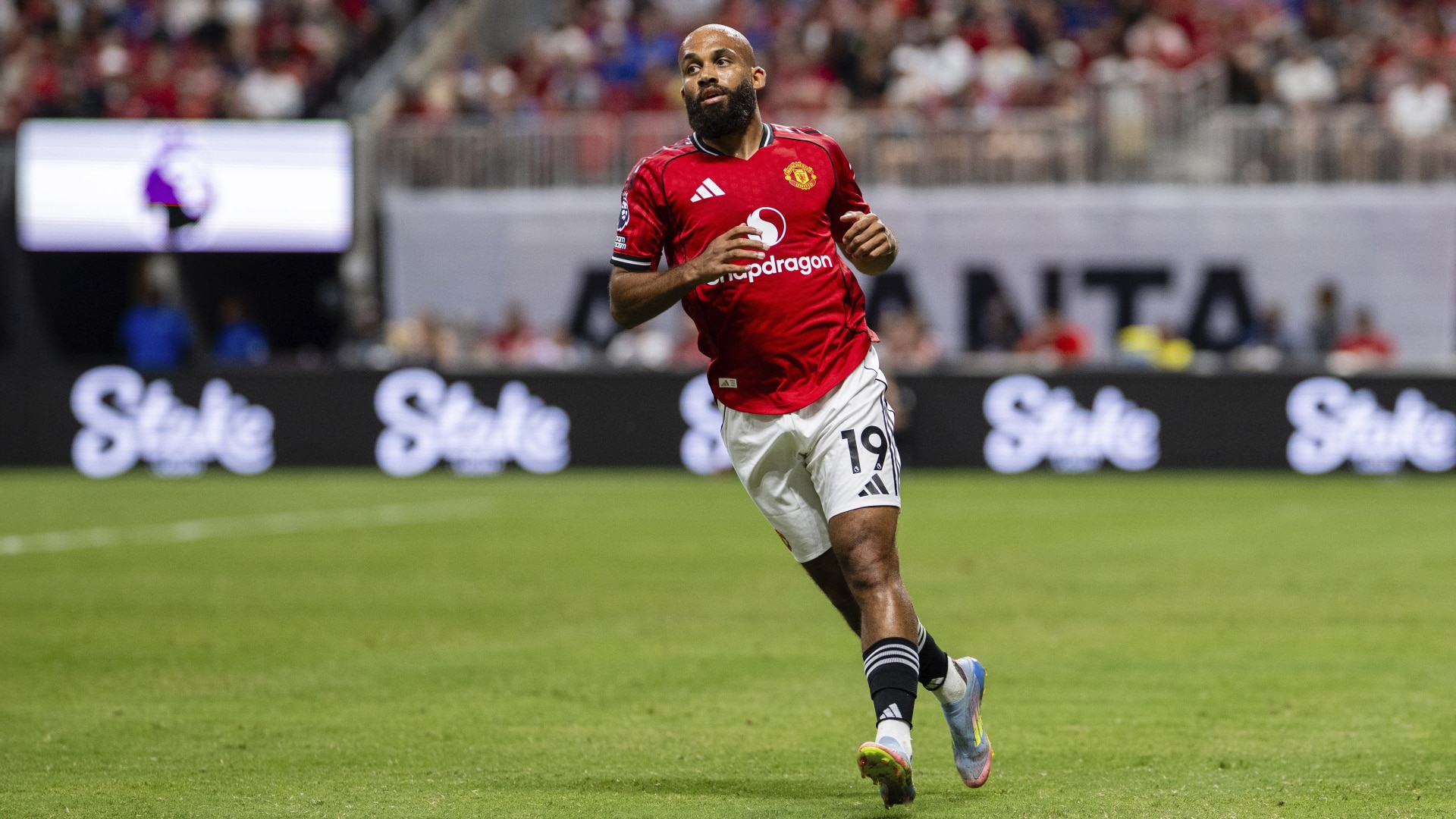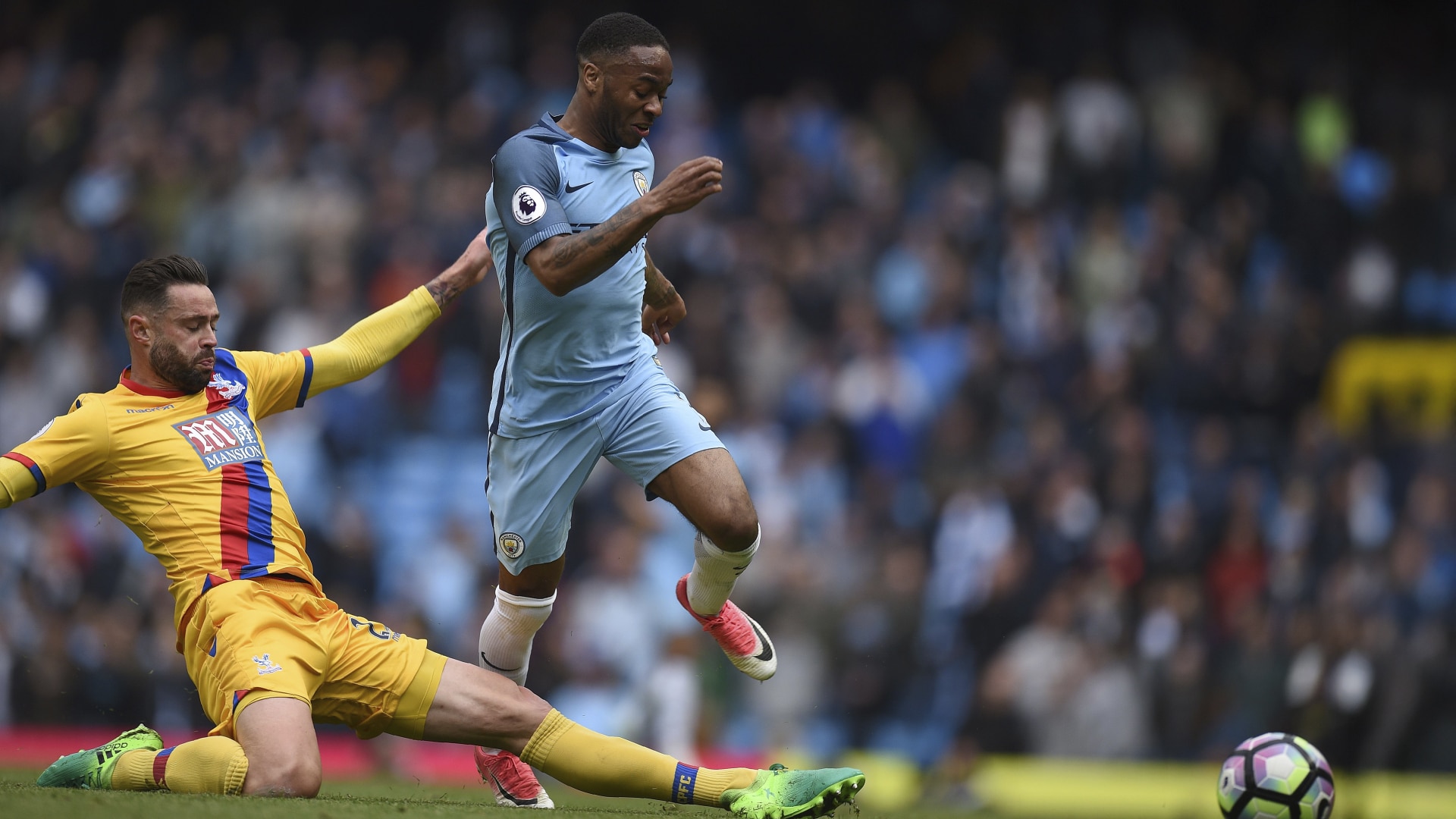Hello and welcome to the Premier Skills English podcast. This series of Football English podcasts are based around the needs of football players and football fans and will present language you need to play the game, language you need to watch the game on TV and online and language you need to travel to the UK to see a match at a Premier League stadium.
Today, I want to talk about learning English online for football lovers. There are lots of really valuable resources online that you can use to build your vocabulary and improve your English. In this podcast, I want to talk about some websites and podcasts that you can visit and subscribe to. And probably the best place to start is the Premier League website.
Now, I will admit that I mostly visit the Premier League website for the tables and fixtures. The first item in the main navigation menu on the homepage says Matches and this takes you to the fixture list. You can see all the fixtures for the coming season by match week and you can filter by club so if you select your team, it will display your team’s Premier League fixtures that are coming up this month ... so I see ... Man U and Liverpool away and Leeds at home. You can also select loads of different competitions.
The second item on the main navigation menu is the Table. When you open the page, it will show you the current state of the table for this season. So at the moment, there are no points so it’s just organised alphabetically, but in a couple of weeks, you’ll see numbers on the table for Pl which is the number of matches that the team has played, W for wins, D for draws and L for losses, GF for goals for, that it the number of goals that the team has scored, GA for goals against, the number of goals that the team has conceded and GD for goal difference which is the number of goals that a team has scored, minus the number of goals that they have conceded. The final column is Pts which stands for points. You can look back at previous seasons and select Matchweeks. For some reason, when you select a previous season, it shows you week one so if you want to know how a team finished the season, you need to select Matchweek 38.
The next menu item is Stats and here you can find all kinds of information about clubs and players. I’m not sure if it’s impressive or a little bit weird, but if you want to know which Chelsea player hit the woodwork the most in the last season, it was Nicholas Jackson or which Manchester City player made the most touches in the opposition’s box in 2016/2017, you can find it here. I think that the different statistics available on this page would probably make a good podcast topic. Perhaps the different categories would be too easy for this podcast audience.
The next menu item is Fantasy Football. The Premier League’s Fantasy football game is good and millions of people play throughout the season each year. I’m sad to say that I am terrible at Fantasy Football and run out of interest pretty quickly each season as my team drifts down the league and I am reminded that there are millions of people that are better at the game than I am. However, this is a good time of year to get your new team together.
As well as this sort of information, the Premier League website is a great place to find the latest news and stories from the Premier League. These are a much better source of language and are particularly good for people learning English.
The stories are full of quite complicated football English, but for a football fan, that shouldn’t be a problem. Most of the articles should be a good source of language for a B1 or intermediate learner. I analysed five articles from the website and they were generally appropriate for a B1 learner with around 5% of the vocabulary items rated as B2 or above. And of those in the 5%, I think lots are quite common football vocabulary so you’ll probably know them. If you have a good dictionary plugin or extension, you can find the definition very quickly and even listen to the pronunciation. If you are A2 or below, I think that you may spend quite a long time with your dictionary so the articles might not be ideal, but there’s still a lot in the stats and Fantasy Football that you will be able to enjoy.
I have tried analysing some articles on the BBC sport pages and the language level is much higher. I think that they are really only going to work as input for a very strong B2- C1 learner. The Guardian website sports pages are slightly easier in general, but have quite a lot of advanced language. So this means that the Premier League pages really are ideal for most learners and a great resource for football fans.
As well as websites, podcasts are a good way to help improve your English. Now, you obviously know this or you wouldn’t be here so ... what other podcasts are good for learning English? There are a few good podcasts for language learners, there’s actually a chart for language learning podcasts that you can search for and you’ll be able to find some great podcasts, but these aren’t specifically for football fans. There is one podcast that I know of that is a fantastic resource for language learners and that’s called Language Caster. The podcast on Apple Podcasts is called Learn English through Football and it’s made by a couple of football loving teachers called Damon Brewster and Damian Fitzpatrick and it’s great. I would strongly recommend you look them up on your podcast app.
There are also some good football podcasts that aren’t designed for language learners but that you might find useful, especially if you can get your hands on a transcript and listen and read at the same time. I would recommend That Peter Crouch Podcast, The Guardian’s Football Weekly and Football Ramble. There are also fan podcasts for every club so it’s worth searching for a podcast about your team.
So ... why am I sharing and recommending ways of learning English for football lovers? The truth is, after 10 years and over 800 episodes, it’s time for me to hang up my boots ... or rather hang up my Premier Skills English microphone. After this, I am going to make one final episode in which I will look back at the last 10 years and review some of the best parts of the podcast, but after that, there will be no more. So what are you going to listen to next? What advice do you have for football fans that are learning English?
In the comments section on the page for this podcast on the Premier League British Council website, can you share your ideas for the top ways to learn English online?
Before I finish today, I want to challenge you once again, for not quite the last time, with a football phrase. The phrase I want you to try to work out today is ******** *******. This is one of the stats available on the Premier League website. It is a number that is based on an analysis of passes divided by the number that resulted in a goal multiplied by the player’s recent average number of passes. Or something like that. In case this helps, last season, the player with the highest ******** ******* was Bryan Mbeumo with 9.26.
If you know the answer to this penultimate football phrase, leave it in a comment on the page for this podcast on the Premier League British Council website.
And that’s all I’ve got time for today. And so until the next and final episode of the Premier Skills English podcast, I hope you all stay fit and healthy and safe. Goodbye for now and enjoy the football.

















Footbal phrase: ******* ******